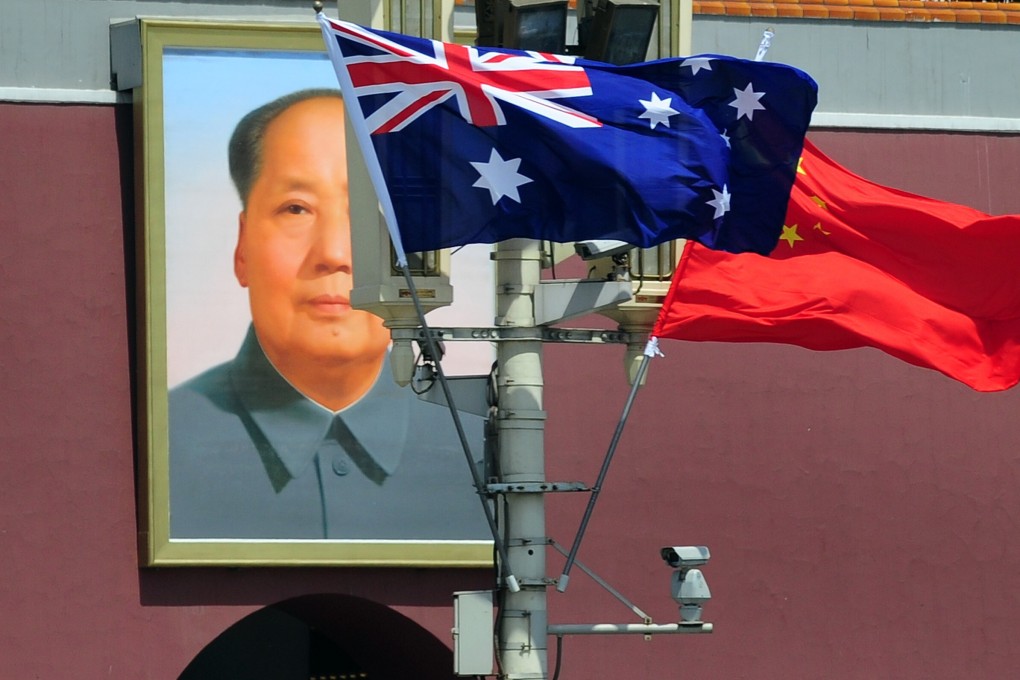Advertisement
China-Australia ties face new hit as Canberra gets veto on foreign deals
- Australian parliament votes in new law that allows foreign minister to scrap agreements between foreign nations and state and territory governments
- Law is widely seen as aimed at deals involving Beijing, including Victoria’s controversial agreement to participate in the Belt and Road Initiative
Reading Time:3 minutes
Why you can trust SCMP

Australia’s parliament on Tuesday voted to grant Canberra new powers to tear up agreements signed with foreign countries, after Beijing warned the proposals were among a raft of issues “poisoning bilateral relations”.
Under the new law, Australia’s foreign minister will be able to scrap agreements between foreign nations and subnational bodies such as state and territory governments, local councils and universities where he or she believes they undermine foreign policy.
Foreign Minister Marise Payne said the legislation would ensure agreements were consistent with Australia’s foreign policy in an “increasingly globalised world”.
Advertisement
“This increased engagement, and the growing strategic complexity of the 21st century, brings greater risks, requiring more consultation and due diligence to ensure states and territories are aligned with the Commonwealth’s foreign policy,” Payne said.
The passage of the legislation is likely to further aggravate Australia’s rocky relations with China after Beijing included it on a list of 14 grievances that it said were responsible for “poisoning” ties.

07:55
Australia ditched diplomacy for ‘adversarial approach’ to China and ‘a pat on the head’ from US
Australia ditched diplomacy for ‘adversarial approach’ to China and ‘a pat on the head’ from US
Advertisement
Select Voice
Choose your listening speed
Get through articles 2x faster
1.25x
250 WPM
Slow
Average
Fast
1.25x